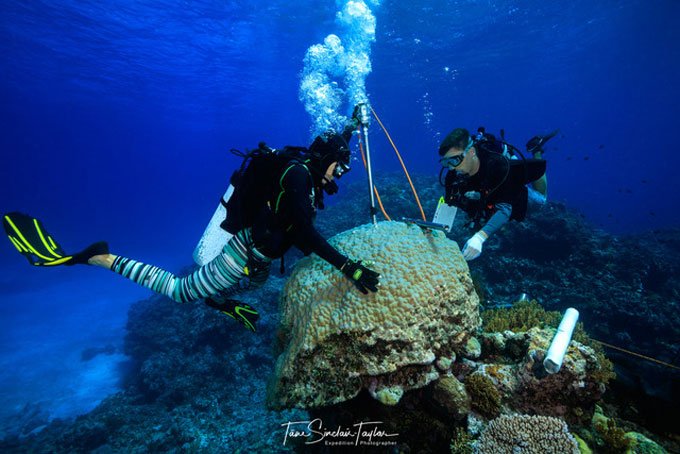Australia’s Great Barrier Reef faces critical risk from successive periods of extreme ocean heat.
Ocean heat in the Coral Sea is at its highest level in four centuries, scientists report on August 8. Nature. The researchers drilled into coral skeletons from in and around the region and analyzed the chemical composition of those samples to reconstruct sea surface temperatures from 1618 to 1995, along with modern instrumental sea surface measurements spanning 1900-2024.
Before 1900, ocean temperatures in the region were relatively stable. But from 1960 to 2024, these temperatures have risen steadily. This upward climb is linked to human greenhouse gas emissions, the team found.
Five of the six hottest years on record were in the last decade: 2016, 2017, 2020, 2022 and 2024, with temperatures up to 1 degree Celsius warmer than average. Every year there was a mass bleaching event during the warmer months, from January to March (SN: 29.4.24).

Researchers have long sounded the alarm about mass bleaching, in which corals stressed by extreme heat or pollution expel the symbiotic algae that live in their tissues, leaving them white.SN: 8/9/23). Corals can be restored, given time. But successive bleaching can eventually kill a reef.
The Great Barrier Reef is iconic, climate scientist Benjamin Henley of the University of Melbourne in Australia said at a news conference on August 6. UNESCO designated the reef as a World Heritage Site in 1981.
#Record #Coral #Sea #temperatures #threaten #Great #Barrier #Reef
Image Source : www.sciencenews.org
